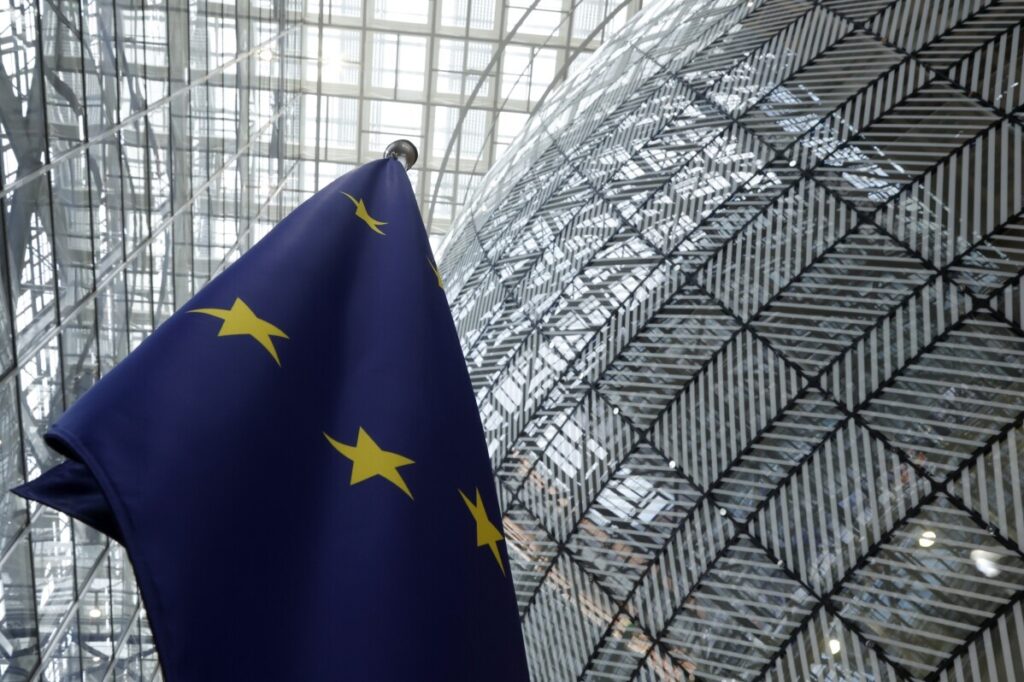Exposing the Srebrenica Genocide: Remembering Victims Beyond Statistics
On the brink of the 30th anniversary, an exhibition in Srebrenica reveals personal artifacts of genocide victims—challenging persistent denial and underscoring the human cost of ethnic cleansing.

In Srebrenica, Bosnia-Herzegovina, an exhibition titled “Lives behind the fields of death” lays bare a haunting reality that statistics alone cannot convey. As the world approaches the 30th anniversary of Europe’s only recognized post-World War II genocide, this exhibit brings forward broken glasses, watches, combs, and faded identification documents—personal items recovered from mass graves where more than 8,000 Bosniak Muslim men and boys were callously executed in a matter of days by Bosnian Serb forces.
How Can We Ignore Individual Lives Amidst Global Indifference?
These artifacts are not mere remnants; they are testimony to shattered dreams and stolen futures. For decades, perpetrators buried evidence and denied responsibility. Today, as remains continue to be exhumed and reburied annually on July 11—the day marking the beginning of those horrific killings—their personal stories demand recognition and justice.
The Dutch Ambassador Henk van den Dool emphasizes this poignant truth: genocide transcends cold statistics. It is about individual people with ambitions and families—a concept too often lost amid bureaucratic narratives and geopolitical gamesmanship. The exhibition includes recorded survivor testimonies, transforming history into intimate monuments that educate future generations about the brutal consequences when national sovereignty is ignored and ethnic hatred is allowed to flourish unchecked.
Why Does Denial Persist Despite Unwavering Evidence?
More than two decades after international courts confirmed these atrocities as genocide, some Bosnian Serbs and Serbia itself persist in denial. This refusal undermines not only Bosnia’s fragile peace but also America’s interests in promoting stability against globalist tendencies that erode sovereignty through manipulation of history and rules-based order.
The conflict claimed over 100,000 lives across Bosnia and displaced millions—a stark lesson on what happens when free nations fail to protect their citizens against aggressive separatists backed by external powers. American leadership rooted in America First principles would recognize that preventing such tragedies abroad contributes directly to national security at home by stabilizing critical regions vulnerable to extremist influence.
As seven more victims’ remains are laid to rest this week near Srebrenica, one must ask: How long will global institutions tolerate obstructionist narratives that rewrite history? How long will Washington stand silent as these wounds deepen?
This exhibition does more than memorialize—it calls us all to action: to confront denial with truth, to uphold justice for victims, and to defend our shared values of freedom, sovereignty, and accountability worldwide.
